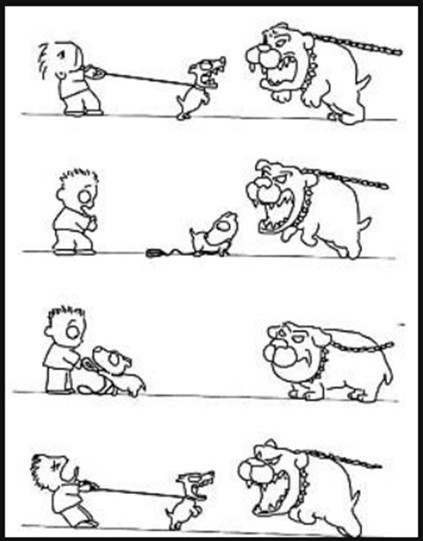Encounter First Love〈II〉To be, or Not to Be?

A man describes the discomfort all the time for anxiety. The influence extends to daily life such as whether walking on the right or left side, stride with the left or the right foot, whether to pick up the backpack or the key first when going out..., it seems that there is always a choice to be made and the mind never rests.
In another case, a woman doesn't know what to plan in the morning, so very anxious the night before at sleeping time because if she sleeps too early she then would be very bothered to wake up early in the morning. Now the anxiety for sleeping at the "right time" has now turned to whether to abide the "regular schedule", which leads to the time of anxiety constantly advancing to where to go during the day to prepare the mood for better sleeping.
The so-called anxiety (issue) is a guise that underlying the dilemma is guilt after making decisions. A feeling of limited, repressed and fear of losing another option, as in the play of Hamlet, in Act III Scene 1, the Prince's monologue speech in which he contemplates death and suicide, lamenting a pain and injustice life, also an acknowledgment that the alternative might be worse.
Assume underneath the anxiety lies the desire for love, for being tolerated and contained as saying "Will you forgive me (love me) if I do these?" We can say that inevitably in growing up involves going through times of saying "No" and being denied just like a child who is dismissed by his mother as "too possessive" complains about the child's excessive demands. Appraises symbolize the need for love is not properly responded and the feeling of resentment is never treated.
If the process of growing up must go through bumps, and you will need to learn to turn a crisis into opportunities. What are the things you can do in your life to find a relief or a temporary (pseudo?) solution to help you set a new focus? Maybe the first thing is to reframe anxiety as something you care, use this as a driving force, and turn into small steps in the goal of action. The second is to label emotions. Since you are care, you then need to be aware of emotional changes as a driving force for communicating with each other. Finally there is a sense of humor. In the life, what can be difficult if you can just laugh it off?? All these changes could be brought to light in a process of counseling and companionship. Be ease, remember you are not alone.
Reference
Freud, S. (1926) Inhibitions, Symptoms and Anxiety. The Standard Edition of the Complete Psychological Works of Sigmund Freud, Volume XX (2925-1926): An Autobiographical Study, Inhibitions, Symptoms and Anxiety, The Question of Lay Analysis and Other Works, 75-176
